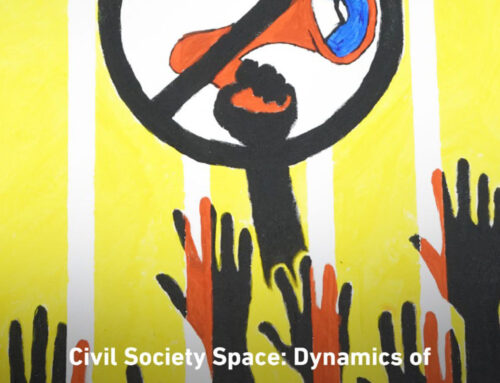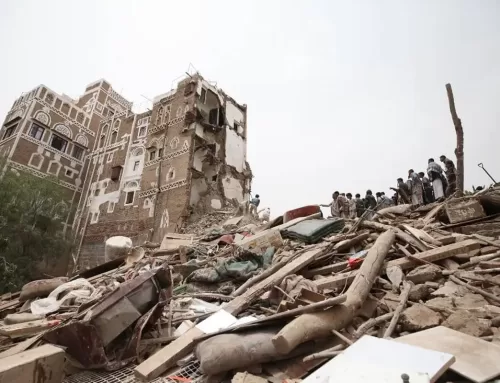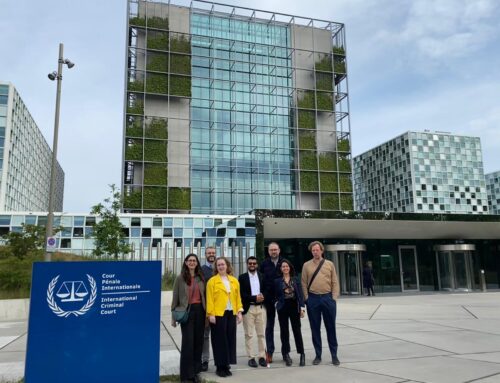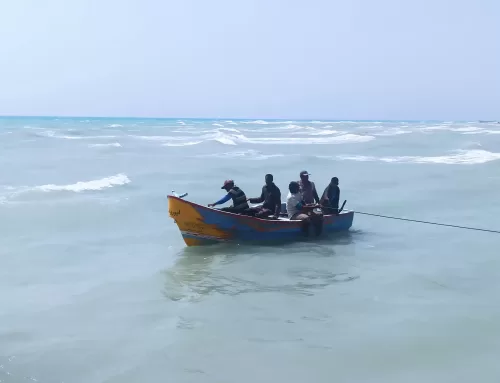Sana’a 14 April 2022
Mwatana for Human Rights welcomes the endeavors of UN Special Envoy to Yemen, Hans Grundberg, on the basis of which a two-month human truce was approved, as well as a series of announced steps to improve the humanitarian situation and all acts to end the war and bring the conflicting parties to the negotiating table.
Mwatana in this statement brings to notice the most pressing concerns of Yemeni civilians, emphasizing the importance of taking action to ensure the full enjoyment of their rights and to relieve them of the dire humanitarian situation that has resulted from seven years of war that has ripped up their social fabric and normal life.
Since 2014 Mwatans along with other local and international organizations, the Group of Eminent Experts, and UN panel of experts have documented a wide range of violations that all parties to the conflict were involved. For the first time since it was established in 2006, UN Human Rights Council dismissed a draft resolution on October 10th to extend consultants’ delegation to investigate human rights violations in Yemen. NGOs accused Saudi Arabia to spare no effort to achieve this rejection.
All current peace efforts are responsible for making human rights a priority, and on that basis, all arbitrary detainees should be released, all forcibly disappeared people should be revealed, torture and other methods of degrading human dignity should be prohibited, and unofficial detention centers that are not subject to the authority of the law should be closed.
Radhya Al Mutawakel, the chairperson of Mwatana, said, “The international community is responsible to put forth effective mechanisms for accountability, redress, and reparation to prevent the recurrence of atrocities against civilians throughout the past years of the conflict. This urgent demand represents one of the strong guarantees of genuine sustainable peace.”
Mwatana also calls to end discrimination against civilians and lift illegal travel restrictions on citizens in order to ensure freedom of movement and open all airports to commercial aircraft. This may facilitate patients’ travel and allow the trade of goods. Road outlets and crossings should be open to end the obstruction of humanitarian access and facilitate its flow to beneficiaries.
Moreover, peace efforts should include developing appropriate mechanisms to pay government employees’ salaries discontinued since the fall of 2016, guarantee freedom of opinion and expression, facilitate the work of civil society organizations, and protect journalism and human rights defenders.
Mwatans reiterates its call to establish a criminally based accountability mechanism, redress and reparation to prevent the recurrence of violations, to punish perpetrators and to end the chronic situation of impunity.






